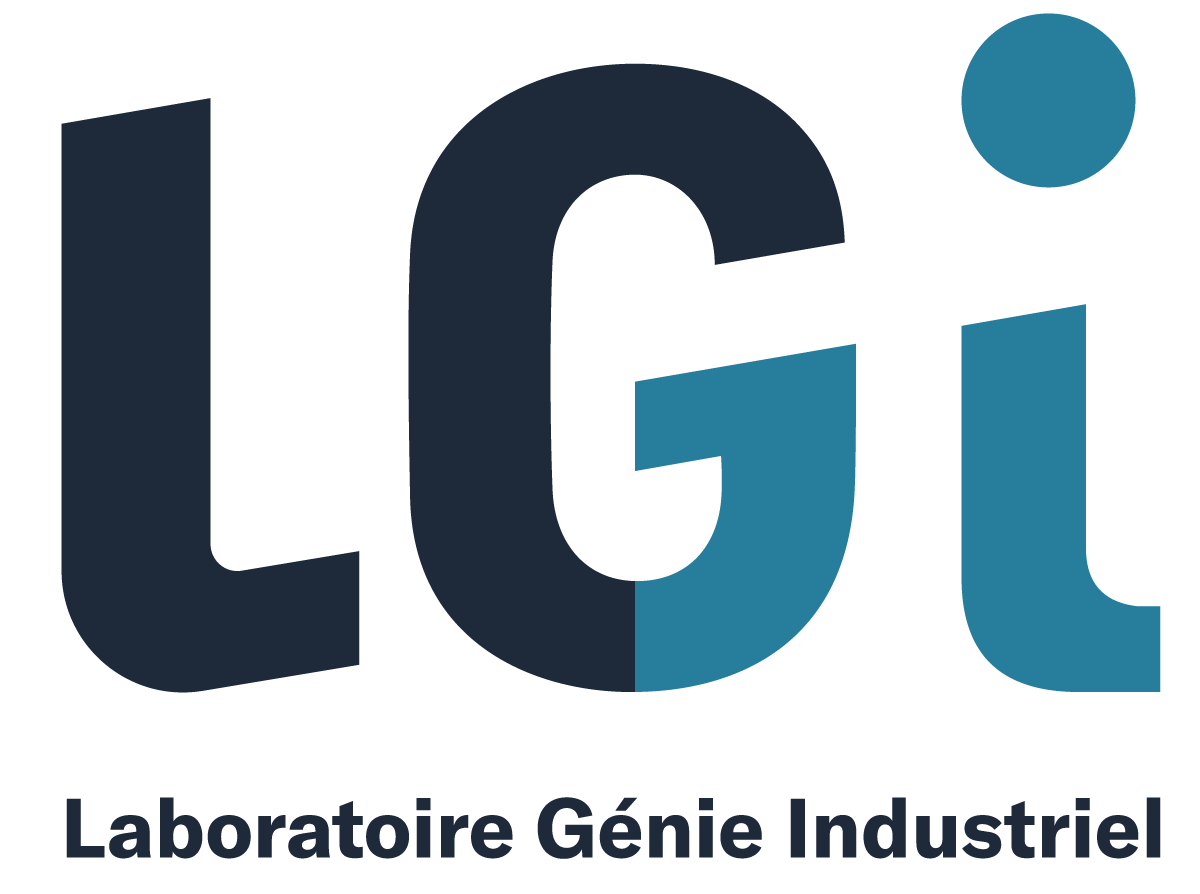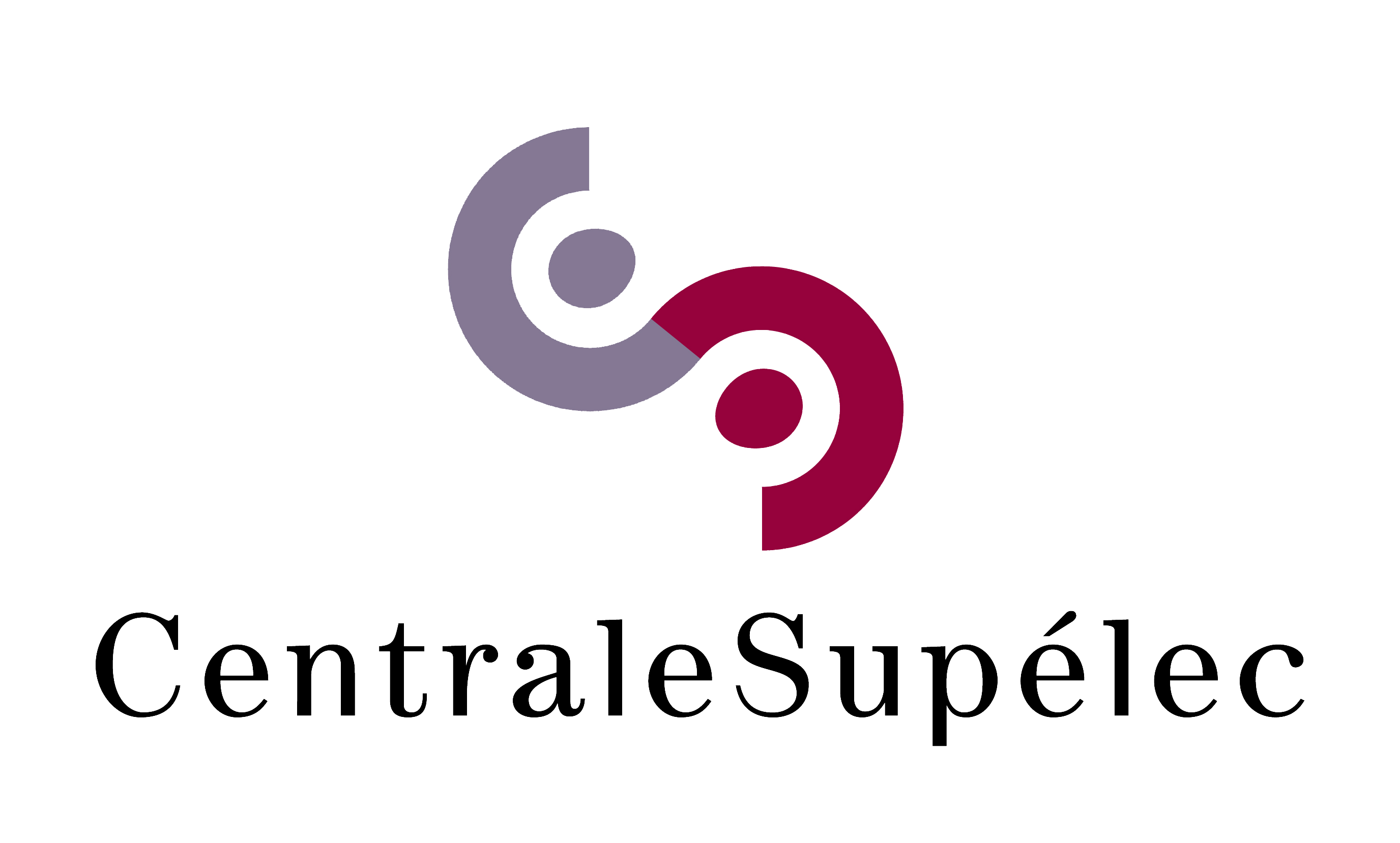Laboratoire LGI
Le Laboratoire Génie Industriel étudie les systèmes de production, d'activité ou socio-techniques tout au long de leur cycle de vie.En savoir plus...
 |
 |
Le Laboratoire Génie Industriel étudie les systèmes de production, d'activité ou socio-techniques tout au long de leur cycle de vie.En savoir plus...